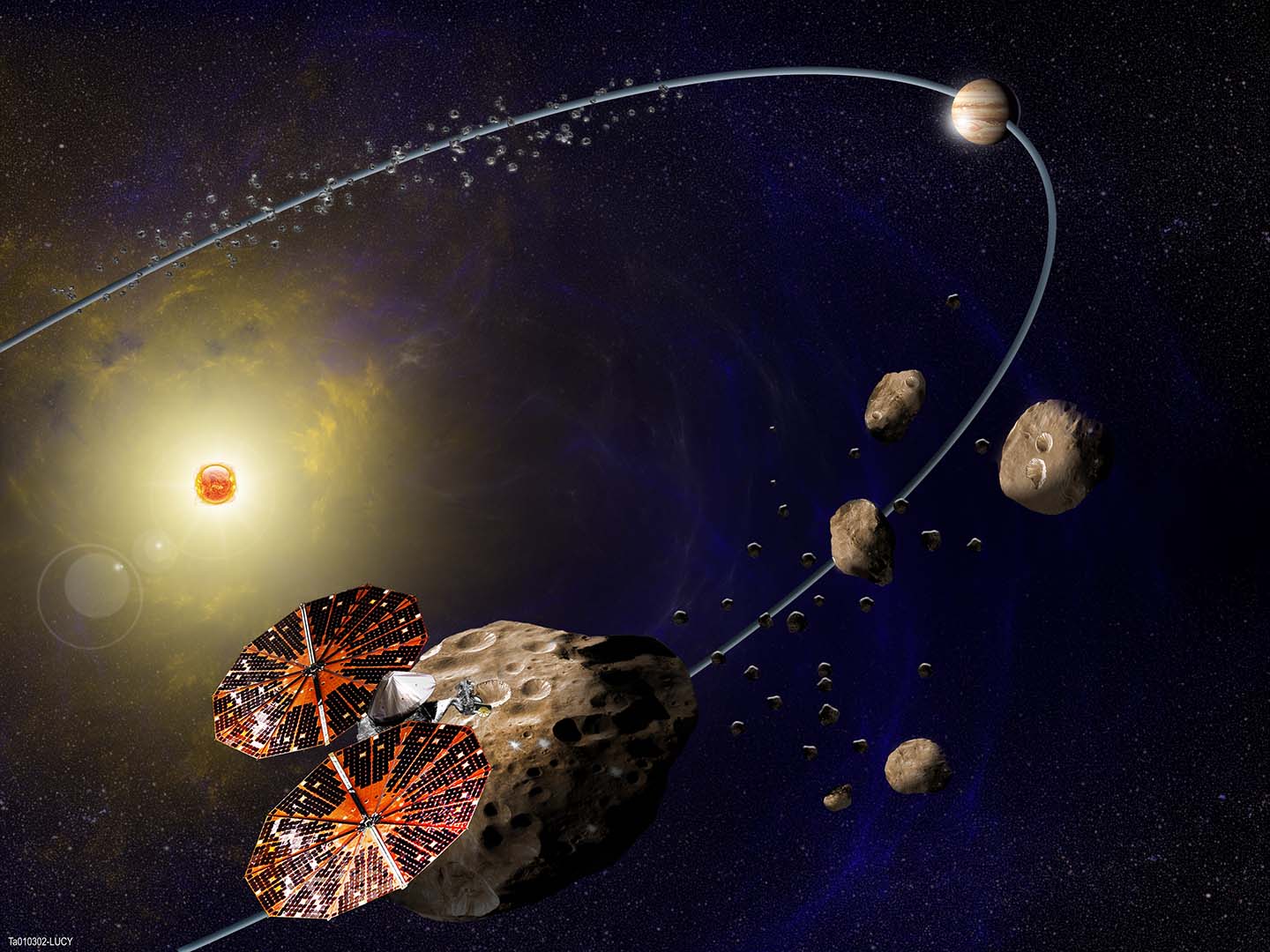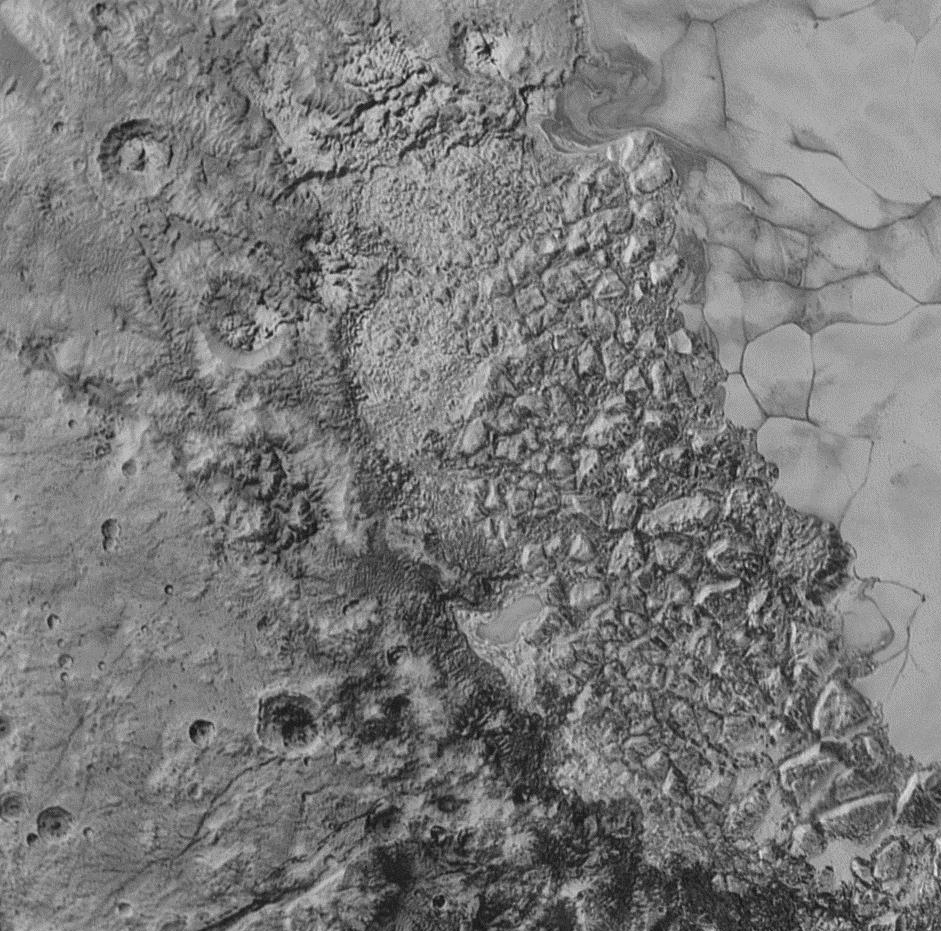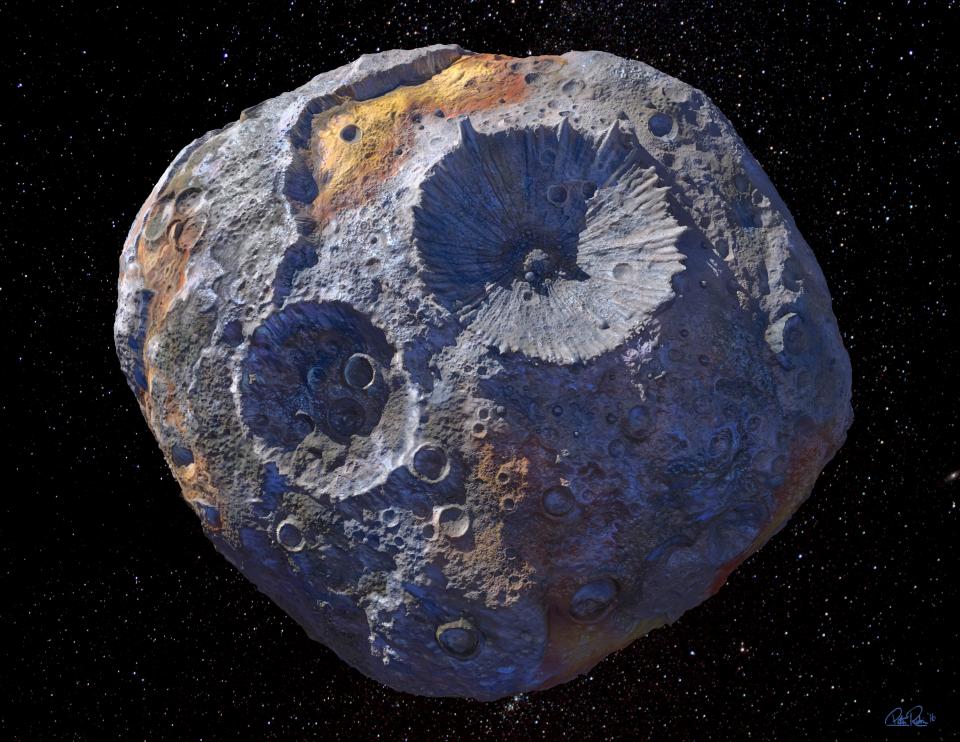Press Release
Johns Hopkins APL Provides Key Instruments for NASA’s New Discovery Missions
Scientists and engineers at the Johns Hopkins University Applied Physics Laboratory will provide instruments on NASA’s two newest missions, Lucy and Psyche, which will explore, respectively, six of Jupiter’s Trojan asteroids and 16 Psyche, a rare and primarily metal asteroid in the main asteroid belt between Mars and Jupiter.
Both Discovery-class missions were selected to explore these relics from the earliest history of the solar system, less than 10 million years after the birth of our sun.
APL will provide the “eagle eyes” for Lucy by developing a high-resolution telescopic camera for the mission, which will perform the first reconnaissance of the Trojans, a population of primitive asteroids orbiting in tandem with Jupiter.
Lucy — named for the famous prehistoric human fossil — will launch in 2021 to study six of these asteroids. Scientists say understanding the differences between the Trojans will provide unique and critical knowledge of planetary origins, the source of volatiles and organics on the terrestrial planets, and the evolution of the planetary system as a whole.


